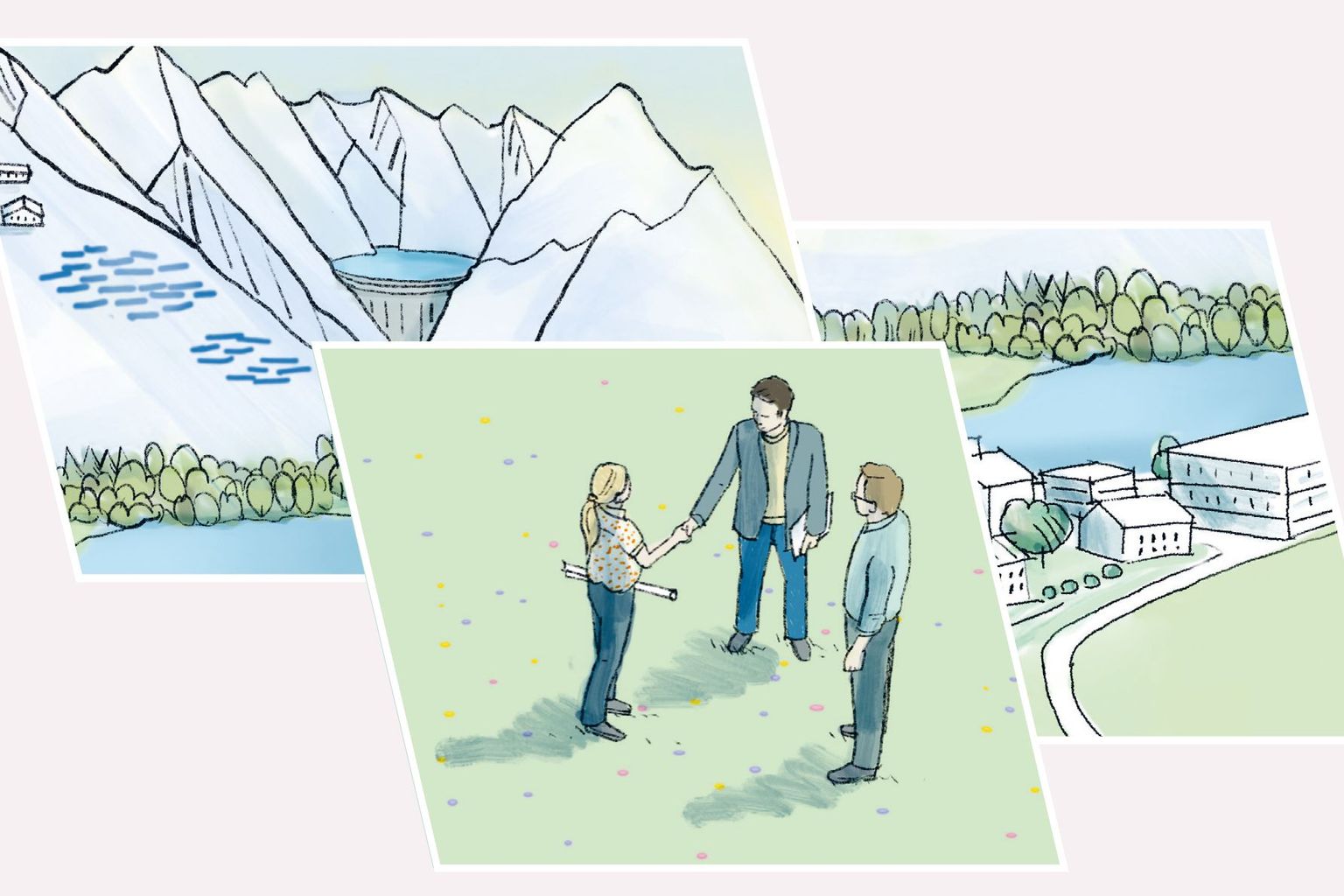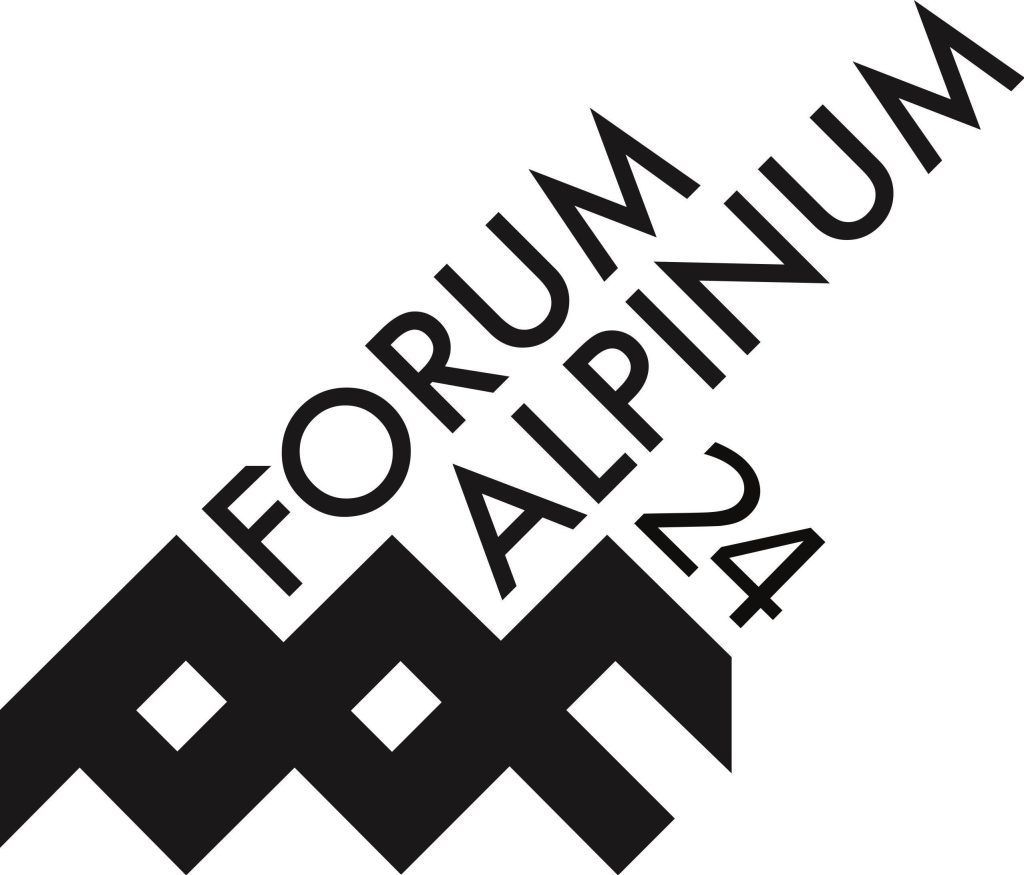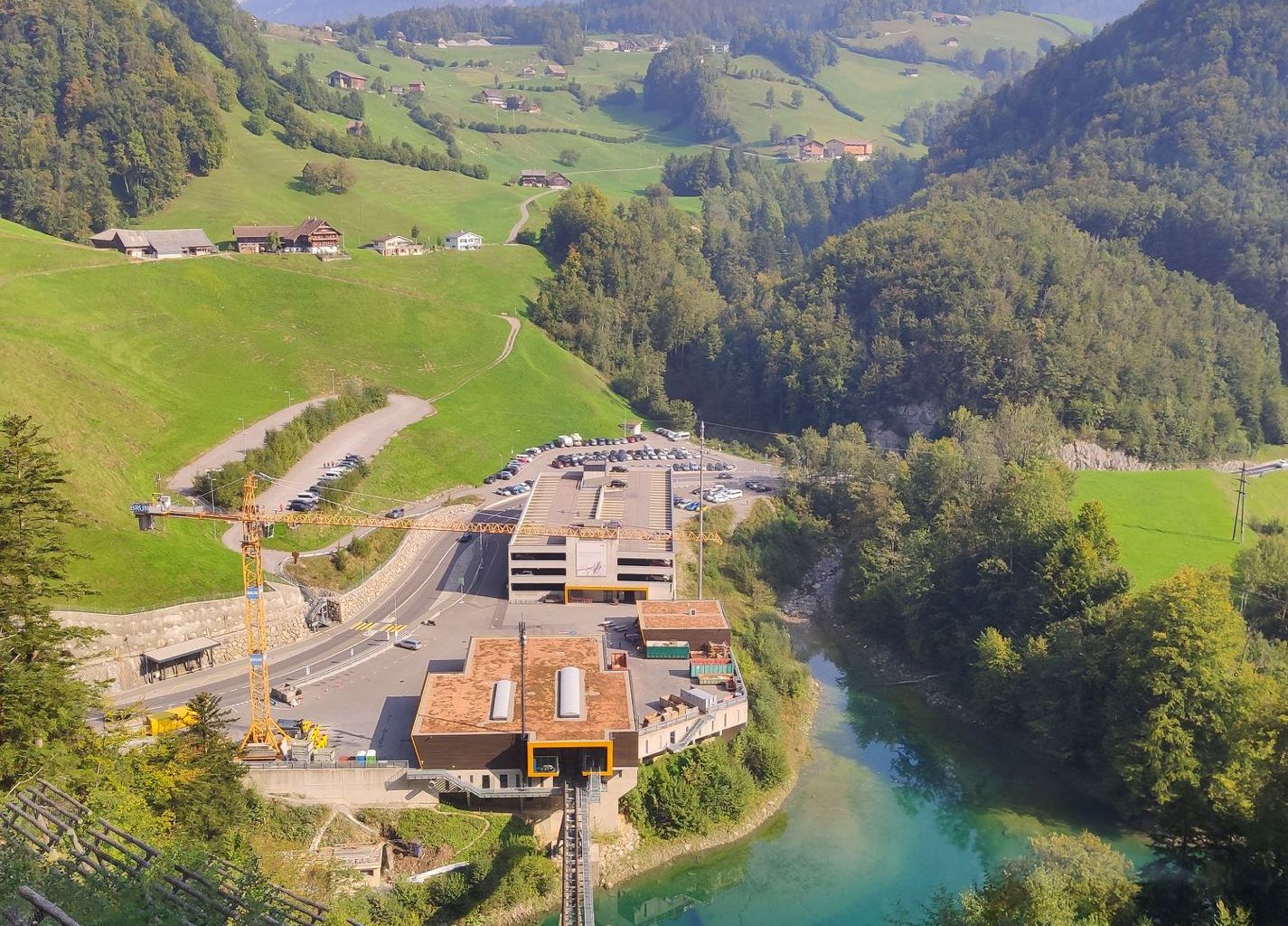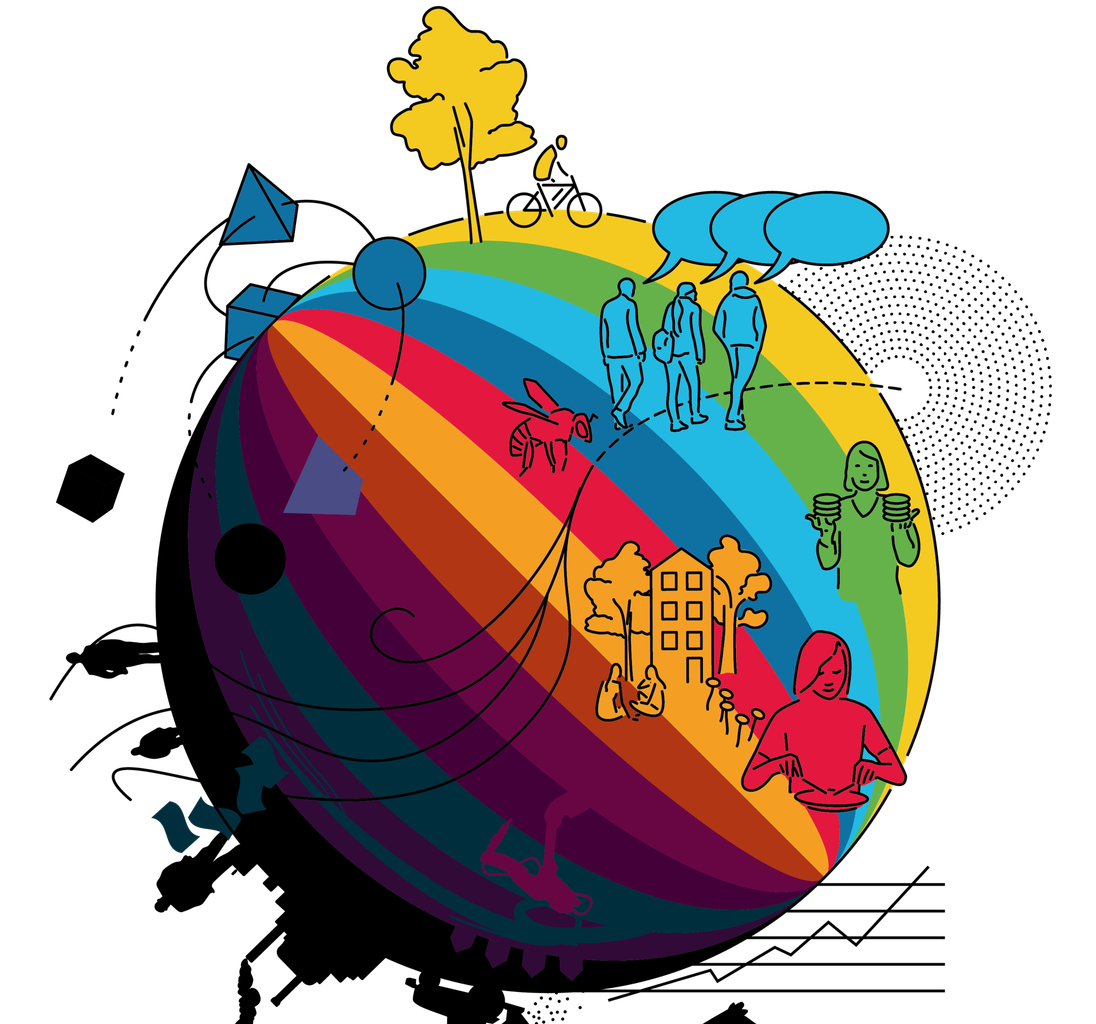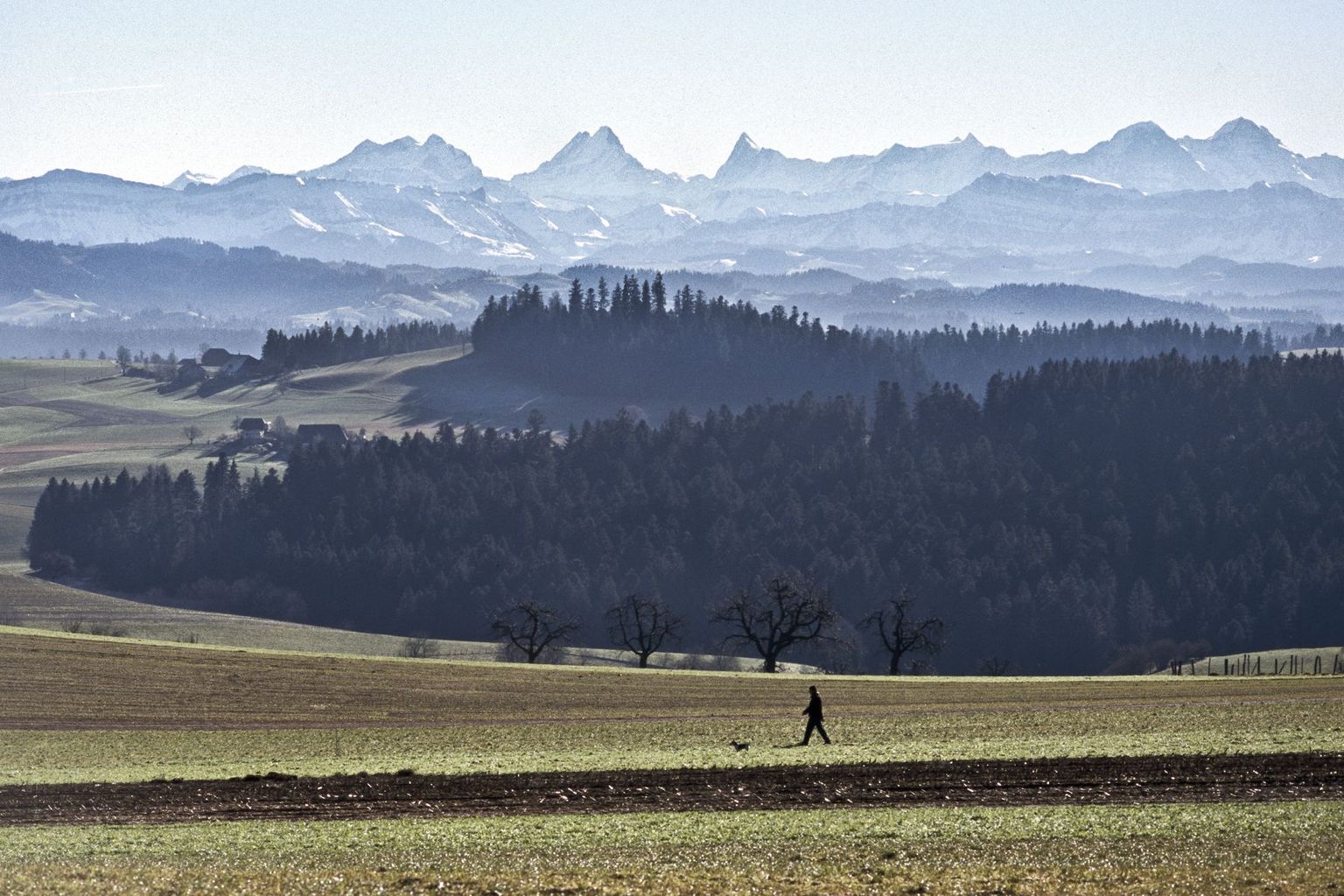News FoLAP
News

Gilles Antoniazza listens to the mountain riverbeds
Prix Schläfli 2024 Geosciences: Flooding events in Alpine rivers can cause major damage. Gilles Antoniazza's doctoral thesis provides new approaches towards a better understanding of bed load transport. He has been awarded the Prix Schläfli Geosciences in recognition of this work.
Image: Maxime Mellina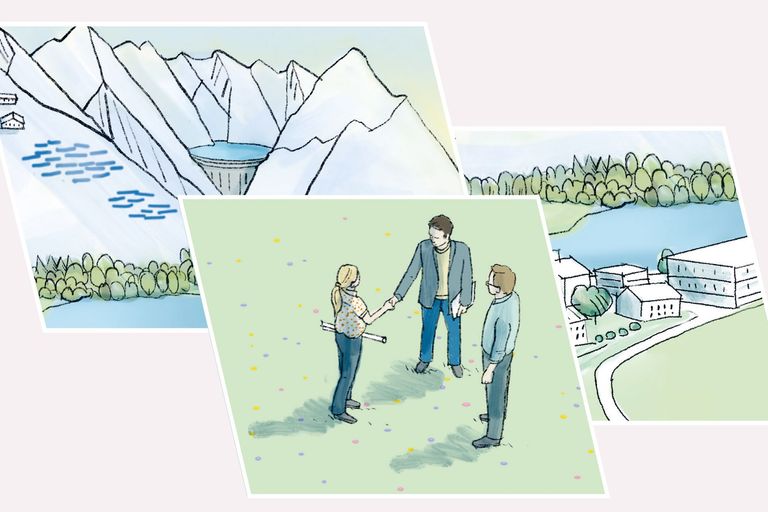
Kriterien für eine konfliktarme Planung von Energieanlagen ausserhalb der Bauzone
Die Akademien der Wissenschaften Schweiz haben gemeinsam mit Fachleuten Kriterien entwickelt, um geeignete Gebiete zum Bau von Energieanlagen ausserhalb von Bauzonen zu finden, die Biodiversität und Landschaft möglichst wenig beeinträchtigen. Die Kriterien können Kantone bei der Richtplanung und Energieversorger bei der Planung von Solar-, Wind- und Wasserkraftanlagen unterstützen.
Image: Sandra Schwab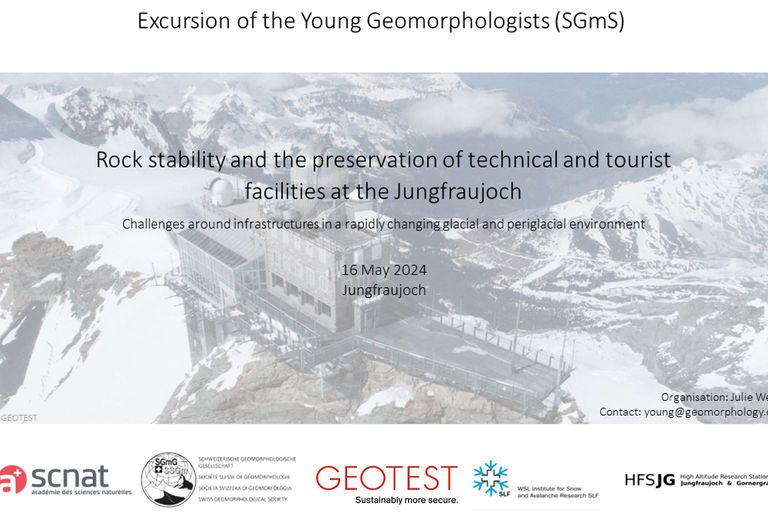
Excursion of the Swiss Young Geomorphologists (SGmS)
Rock stability and the preservation of technical and tourist facilities at the Jungfraujoch : challenges around infrastructures in a rapidly changing glacial and periglacial environment
Image: SSGmNetzwerktreffen «Menschen und Berge»
Das zweite Treffen des Netzwerkes «Menschen und Berge» findet am 27. Mai 2024 in Sion statt. Die Tagung steht unter dem Motto: Zusammenleben in den Bergen.
Image: Nora Leszczynski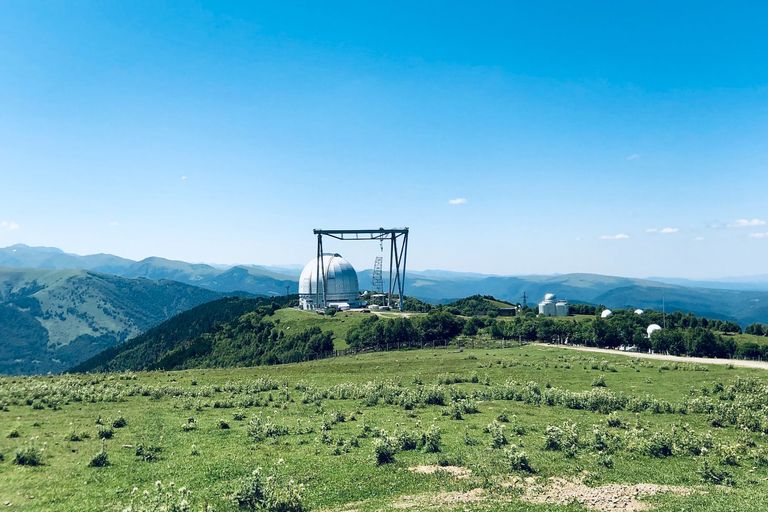
GEO Mountains: Small Grants Programme 2024–2025
GEO Mountains has launched a new small grants call for project proposals that explicitly explore mountain monitoring, data, and information. Up to two projects per region are supported with a contribution of up to CHF 10,000. Deadline for proposals: 3 June 2024.
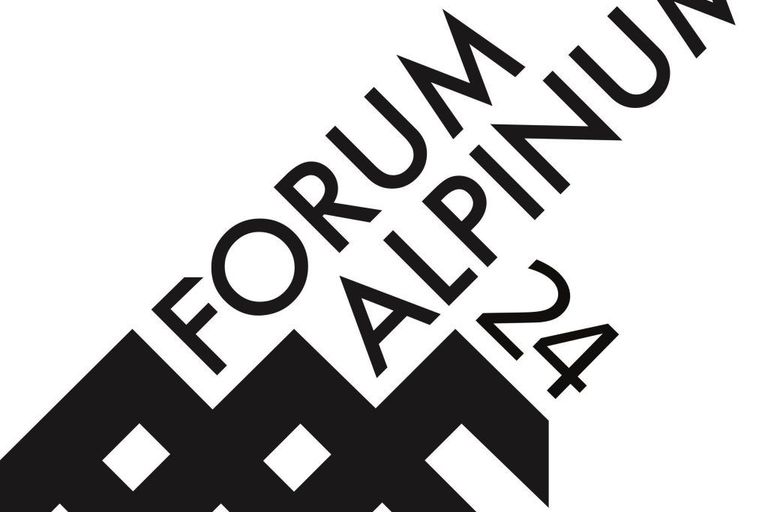
ForumAlpinum: Call for posters
ForumAlpinum is a scientific conference aiming to promote international research cooperation on topics of relevance across the entire Alpine Arc. From June 12–14, 2024, ISCAR organises the next Forum Alpinum in Kranjska Gora, Slovenia. This year, we would particularly like to invite students, young and early-career researchers from various scientific disciplines to present posters with their research findings relating and relevant to the Alps.
ForumAlpinum 2024 - Program online
ForumAlpinum 2024 titled "The Alps – a Refuge of Bio- and Geodiversity?" will focus on biodiversity and geodiversity that are under severe threat - worldwide and especially in sensitive ecosystems like the Alps. This ForumAlpinum will identify hotspots of bio- and geodiversity, their monitoring and management in the Alps, analyse land use conflicts and their impact on bio- and geodiversity, and assess the relevance of bio- and geodiversity protection in the regional, national or international context to discuss possible solutions.
Image: Lena Kropivšek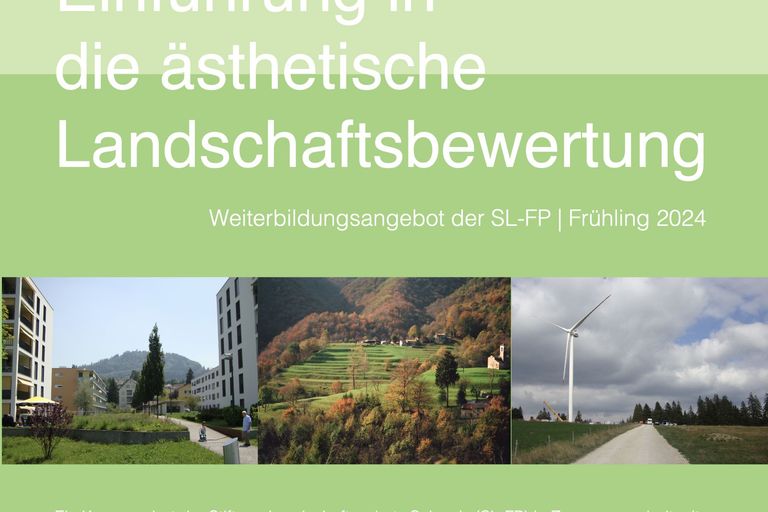
Einführung in die ästhetische Landschaftsbewertung
Die Stiftung Landschaftsschutz veranstaltet einen Kurs zum Thema ästhetische Landschaftsbewertung. Er richtet sich an Personen, die beruflich mit Landschaftsplanungen zu tun haben, Umewltverträglichkeitsberichte und Dossiers im Bereich Landschaft und Baukultur bearbeiten oder an Mitglieder von Verwaltungen oder Unternehmen, die mit der Bewertung von Landschaft zu tun haben. Melden Sie sich bis zum 15. März an.
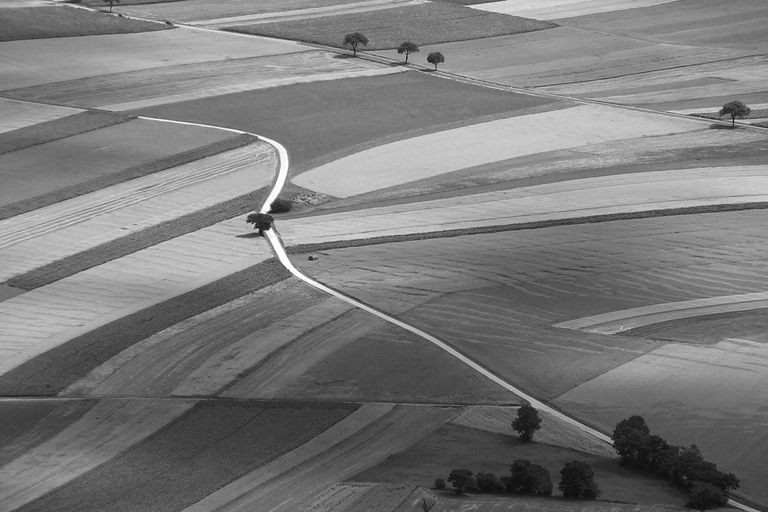
Forschungsprojekt: Inscuntrar
Die Bedeutung der Landschaft verändert sich stetig, dabei bleiben naturnahe Kulturlandschaften unter Druck. Im Rahmen des Projektes Inscuntrar wird am Beispiel des Kulturlandschaftswanderwegs in der Gemeinde Valsot aufgezeigt, welche Leistungen intakte Landschaften erbringen und welchen Mehrwert sie insbesondere im inneralpinen Raum bieten.
Image: momosu, photocase.deBedeutung der Teilrevision des RPG 2 für die Landschaft
Das Forum Landschaft, Alpen, Pärke der Akademie der Naturwissenschaften Schweiz organisiert eine Nachmittagsveranstaltung zur Teilrevision des Raumplanungsgesetztes RPG 2 am Dienstag, 25. Juni 2024 in Solothurn.
Image: Forum Landschaft, Alpen, PärkeContact
SCNAT
Forum Landscape, Alps, Parks (FoLAP)
House of Academies
PO Box
3001 Bern
Switzerland
Seed Money / Support of projects
Student papers
SCNAT's Sustainability Research Initiative focuses on sustainability and spatial development in its white paper:
The file landscape of the Forum Landscape, Alps, Parks offers an overview of current topics and discourses in the field of landscape. It contains scientific reports, fact sheets and publications from research centers, research-related institutions, internationally recognized bodies and federal offices. It is aimed at policy makers, the scientific community, landscape practitioners and the interested public:

